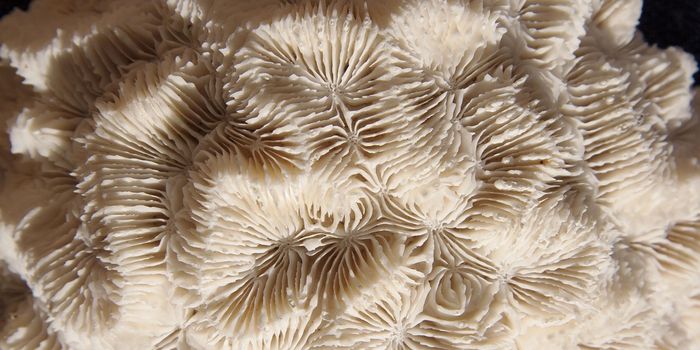New MRI scan can reveal molecular changes in the brain
MRI scans give us pictures of the brain that depict the physical structure of brain tissue. Now, researchers discovered a way to determine the biological makeup of the brain using an MRI – a powerful method that can help scientists understand the molecular basis of normal aging and neurodegenerative disease.
In a paper published in Nature Communications, Dr. Aviv Mezer and his research team at the Hebrew University of Jerusalem (HUJI)’s Edmond and Lily Safra Center for Brain Sciences used a new quantitative imaging approach to extract molecular information about brain tissue from an MRI signal.
"Instead of images, our quantitative MRI model provides molecular information about the brain tissue we're studying. This could allow doctors to compare brain scans taken over time from the same patient, and to differentiate between healthy and diseased brain tissue, without resorting to invasive or dangerous procedures, such as brain tissue biopsies," explained Mezer.
Apart from the obvious indicators of aging - going grey, wrinkles, memory and cognitive problems – how do we know if someone’s brain is aging normally, or developing a disease? Biology may be key. Normal aging and neurodegenerative diseases, such as Alzheimer’s and Parkinson’s disease, create biological “signatures” in the brain, such as differences in the lipid or protein content of brain tissue.
The biological basis of aging is very complex – current theories of aging suggest that aging is not uniform. Rather, each molecule, cell, or system in the body deteriorates with age for different reasons. This pattern is called ‘mosaic aging’, and data gathered from Mezer’s new MRI method debunks prior theories about the aging process. These theories posit that a set of core biological factors, including chromosome attrition and hormonal dysregulation, are responsible for decreased cognitive abilities as we age.
So, not only will this method speed up diagnostics of neurodegenerative disease, studying the molecular landscape of the brain will greatly advance our knowledge of how specific molecules, cells, and brain regions may differently contribute to aging.
Source: EurekAlert!, MedicalExpress









